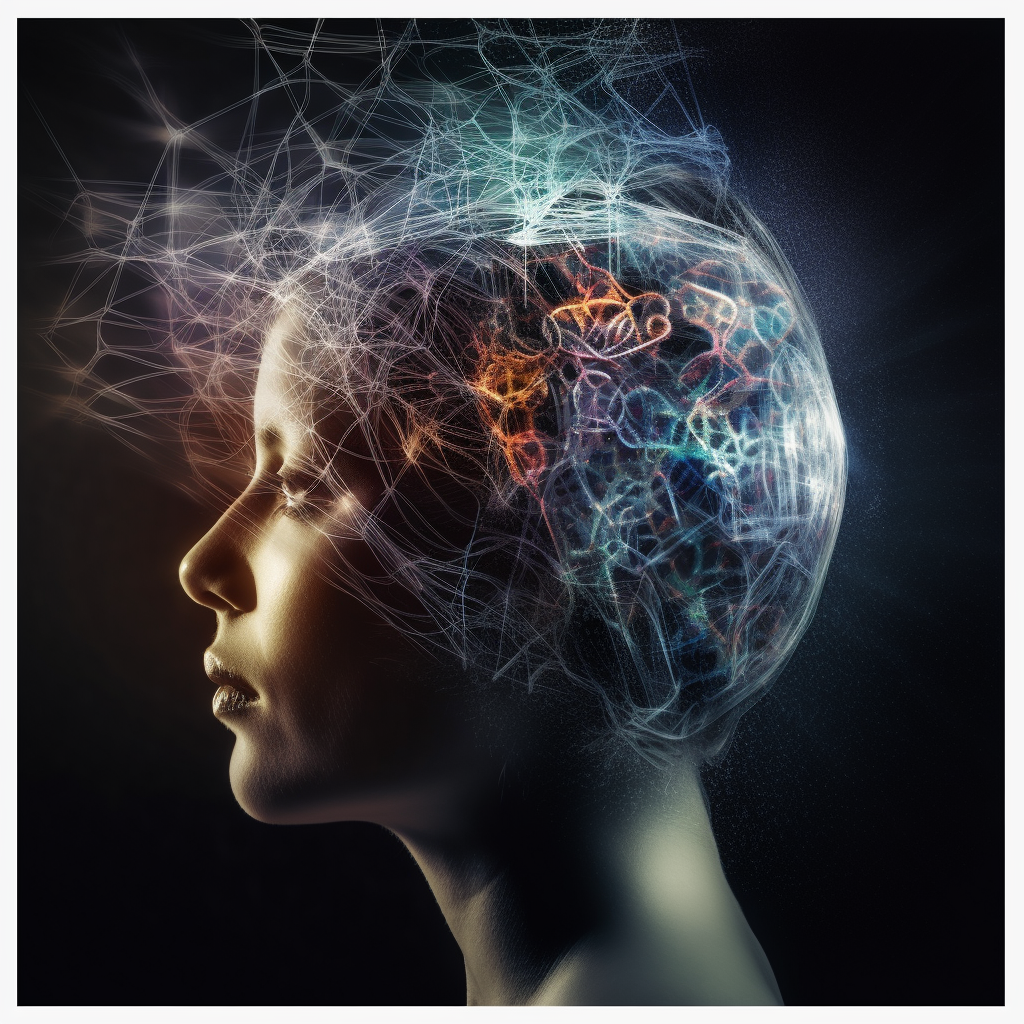October 5, 2023
Unveiling the Potential of ChatGPT-4 – Harnessing Accurate Personal Narratives for Effective Psychotherapy
Book a Demo
ChatGPT-4, the latest version of OpenAI’s language model, has recently showcased its potential for effective psychotherapy through personal narratives. Participants rated AI-generated narratives as mostly or completely accurate, highlighting the model’s ability to capture the essence of human experiences.
To develop these narratives, researchers provided ChatGPT-4 with stream-of-consciousness thoughts and demographic information. This input allowed the model to generate detailed personal stories that mirror the complexities of real-life experiences. Not only did ChatGPT-4 produce accurate narratives, but it also demonstrated the capacity to generate highly plausible coaching strategies and interventions based on these stories.
The significance of personal narratives in therapy and identity formation cannot be overstated. Our stories shape who we are, how we perceive ourselves, and how we make sense of the world around us. Therapists have long recognized the power of narratives in guiding patients toward healthier thoughts and behaviors. By helping individuals understand and reframe their personal stories, therapists can facilitate personal growth and emotional well-being.
ChatGPT-4 has the potential to be a valuable tool in the realm of self-insight and therapy. It offers individuals an opportunity to explore their narratives and gain a deeper understanding of their own experiences. However, it is essential to note that this technology should not be viewed as a replacement for human therapists. The empathetic and nuanced support provided by human practitioners cannot be replicated by AI alone.
While the results of these studies are promising, further research is necessary before deploying ChatGPT-4 in coaching and therapy contexts. Ethical considerations, privacy concerns, and potential biases must be thoroughly examined. Additionally, the model’s limitations and potential risks need to be better understood to ensure responsible and effective use of this technology.
ChatGPT-4 has demonstrated its potential to facilitate effective psychotherapy through the generation of accurate personal narratives. Harnessing the power of these narratives can aid individuals in gaining self-insight and guide them toward healthier thoughts and behaviors. However, it is crucial to proceed with caution, recognizing that this technology should be seen as a complement to, rather than a replacement for, human therapists. Further research is necessary to fully understand the implications and best practices for incorporating ChatGPT-4 into coaching and therapy contexts.



